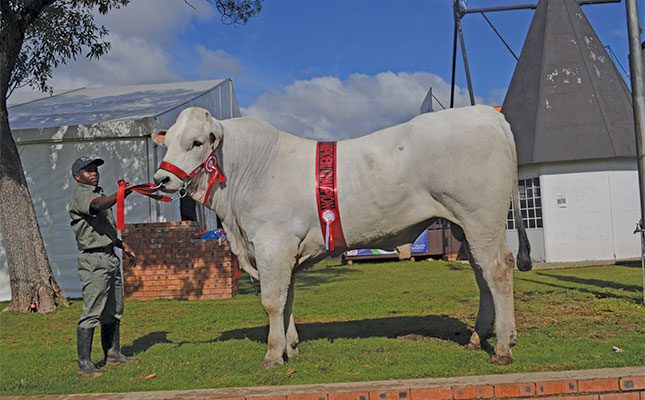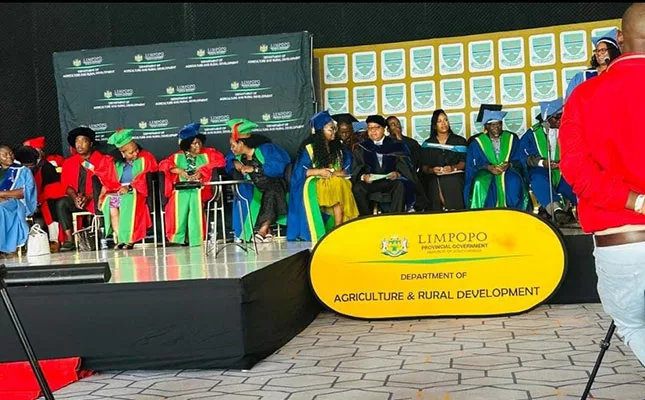
The northernmost agricultural college in South Africa is administered by a formidable team of women. Madzivhandila College of Agriculture (Madzi), 15km east of Thohoyandou in Limpopo, is assigned to the female leaders in the provincial Department of Agriculture and Rural Development and managed by the college’s principal, Perpetua Mphahlele.
Even the student demographics display this prominence of females in farming, with 156 female students compared with 56 males comprising the current student population at Madzi.
Established in 1982 to train agricultural extension officers, the college was named after Chief Vho-Andries Madzivhandila, then Venda’s minister of agriculture and forestry.
The college land falls under the jurisdiction of the Mphaphuli Tribal Council, which offered the land on a permission-to-occupy basis. This means the college has no title deed to its land.
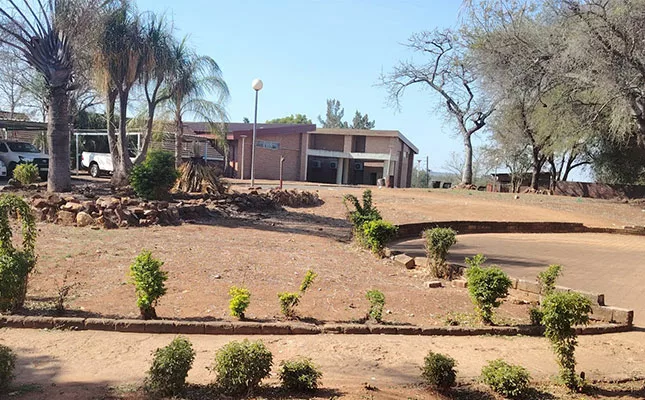
Students and facilities
Madzi offers accommodation and catering services for 145 full-time students. Students from various socioeconomic backgrounds are recruited, and to support the most disadvantaged, the college has partnered with AgriSETA for funding and bursaries.
In 2025, Madzi welcomed 74 new students, bringing the total to 242, most of whom study animal production.
Currently, Madzi offers two diplomas accredited by the Council on Higher Education, namely a Diploma in Animal Production and a Diploma in Plant Production, both NQF level 6 requiring 396 credits. Lectures are presented in English.
To date, 220 students have graduated with animal production diplomas and 102 with plant production diplomas.
Madzi’s 7ha farm is well equipped to support students in their practical endeavours. The college has a piggery, small stock (goats and sheep), and broiler and layer chicken units.
The piggery focuses on the rearing and management of pigs, while the small stock unit allows students to learn the practical aspects of goat and sheep farming.
The layer chicken unit trains students not only in the rearing and management of layers but also in the collection, grading, packaging, and marketing of eggs. Practical training also includes the rearing of broilers from day-old chicks to marketing stage.
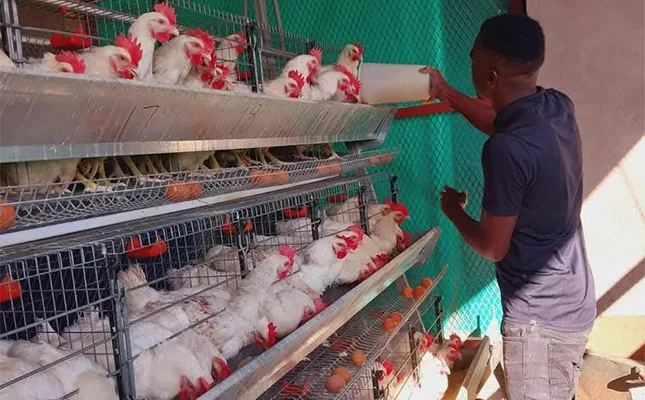
Facilities supporting plant production students include a nursery, seed unit, and greenhouse, and crops such as okra, onions, spinach, cabbage, tomatoes, and maize grown on the farm are used for processing.
“The college has a very good agro-processing unit which, when optimally utilised, can contribute to the economic growth of the district. The unit has a snag list that requires attention, and partnership in this regard will benefit student skill training and uplift local producers.
“We need big production stoves, a dryer, and a cold room, and repairs to existing equipment to improve functionality,” explains Mphahlele.
Community support
The college has been mandated to offer training in the form of short courses (accredited by AgriSETA) to farmers in the Mopani and Vhembe districts. Local agricultural extension officers determine the required skills.
The short courses include a certificate in horticulture (NQF level 1) and three national certificate options: animal production, mixed farming systems, and plant production (all NQF levels 1 and 2).
Non-accredited short courses include leadership, bee and beef production, oil making, financial management, agricultural marketing, and the safe use of chemicals.
The college’s processing unit trains farmers from the surrounding villages to produce their own achar, jam, and peanut butter.
“We are planning partnerships with Phaphama and technical and vocational education and training (TVET) colleges to enhance our revenue and market access,” says Mphahlele.
To further expand its involvement in the community, the college is included in career exhibition days for local high schools, farmers’ expo days, and departmental farmers’ days.
“We invite local high schools to visit our farm and laboratory sections to instil [in them] a passion for agriculture,” she adds.
In terms of research, Madzi forms part of research initiatives and collaborates with the Toowoomba and Mara research stations in Limpopo.
Lab services
The college’s lab provides soil and water testing services as well as plant and compost analyses. Soil analyses include soil electrical conductivity, pH, and heavy metals.
Utilised by universities, researchers, farmers, and consultants, the lab also supports the college’s animal production unit.
The lab employs three technicians, but three more posts need to be filled. There is also an urgent requirement for a spectrophotometer and distillation equipment.
Currently, the lab’s annual turnover is at least R55 000, but this is expected to increase when expanded analytical services become feasible.
The lab’s services extend to education. “On a yearly basis, more than 5 000 farmers are trained on the importance of soil testing,” says Mphahlele.
It also provides advisory services on soil fertility and the interpretation of analytical results.
Successes and challenges
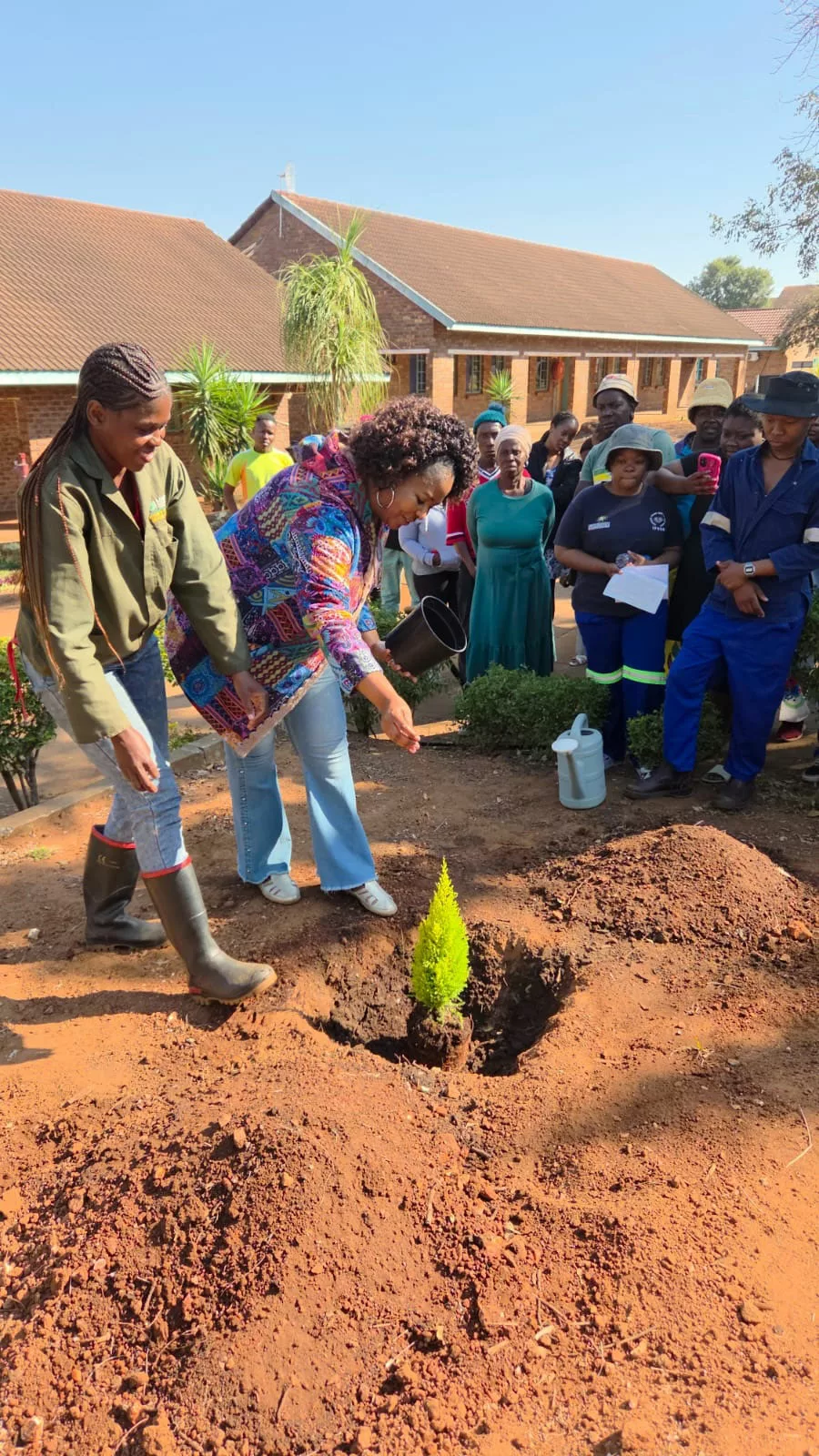
Madzi’s processing unit and lab services uplift the community and boost the college’s finances.
However, the college is in dire need of equipment, tools, and student accommodation upgrades. Students keep fit playing netball, volleyball, and soccer on traditional fields, which also need upgrading for a proper competitive advantage.
“The lack of proper recreational and sports facilities will require a serious financial injection. Our limited budget prioritises only pertinent programmes, so we need robust partnerships in this regard,” explains Mphahlele.
The farm needs a tractor, new ploughs, a greenhouse cover, and a wet wall. The portable broiler houses need relocation and renovation, and the college needs a wireless security system with CCTV camera surveillance.
“We would like coin-operated washing machines for the residences and interactive smart boards for the six new lecture halls,” says Mphahlele.
“My dream for the college is to produce agricultural students who have gained extensive practical experience in the industry.
“I also wish that my college would operate as a centre of excellence with state-of-the-art infrastructure and financial autonomy like other institutions of higher learning,” she concludes.
Madzi has established a WhatsApp group for former students. The college is registering a foundation to raise funds from alumni to develop the institution further. Former Madzi students are invited to contact Ragwedzi Ndivhuwo on 082 469 1886 to join the group.
Applications to enrol at Madzi in 2026 are open until the end of October 2025. Click the link for online application, or visit the college’s website.
For partnerships, sponsorships, and to offer in-service training opportunities, phone Perpetua Mphahlele on 082 329 2390, 078 287 0273, or 015 962 7200, or email her at [email protected].
Get trusted farming news from Farmers Weekly in Google Top Stories.
➕ Add Farmers Weekly to Google ✔ Takes 10 seconds · ✔ Remove anytime





